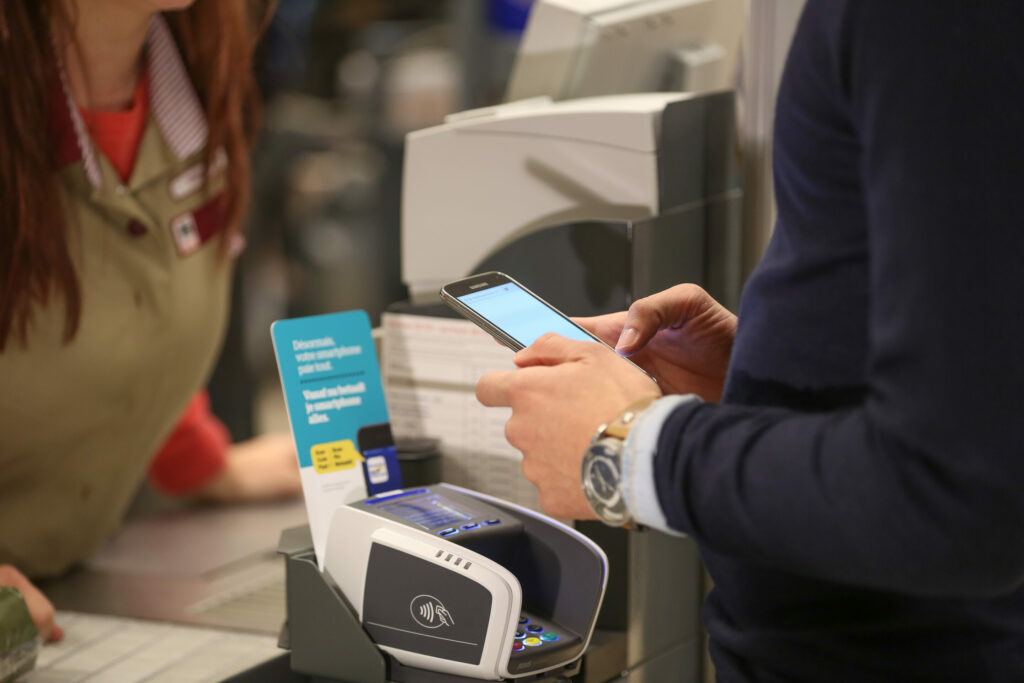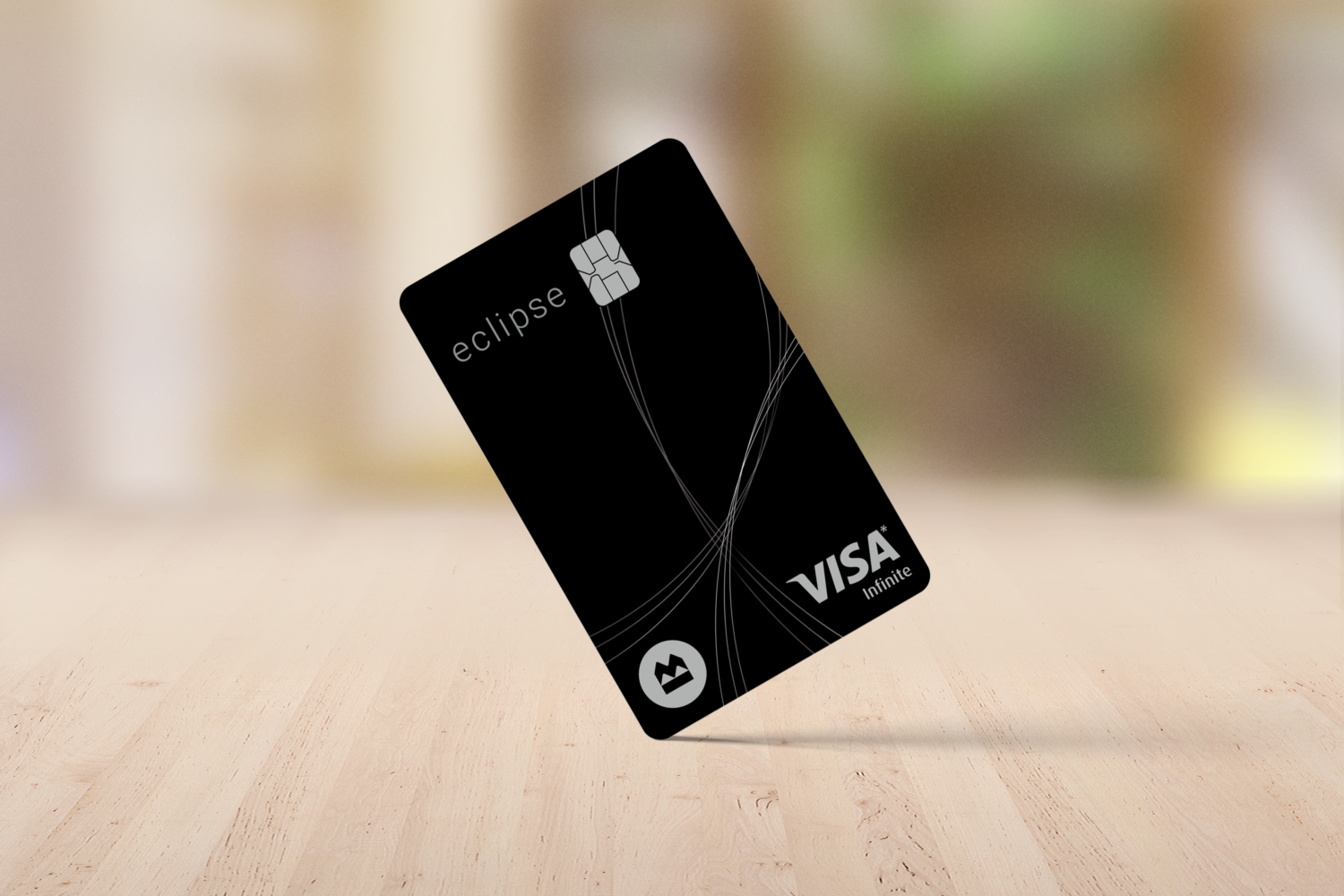Traveling can be a thrilling adventure, but it often comes with its own set of challenges, especially when it comes to managing money. Payment cards have revolutionized the way we navigate financial transactions abroad, offering a convenient and secure alternative to carrying cash.
From contactless payments that speed up transactions to travel-friendly credit cards with perks tailored to tourists, these tools enhance the overall travel experience. In the UK, payment cards are more than just a practical solution—they play a key role in boosting the local economy and simplifying life for both visitors and businesses alike.
Page Contents
ToggleThe convenience of payment cards

The convenience that payment cards bring to travelers cannot be overstated. Unlike carrying large sums of cash, which may be cumbersome and risky, cards offer a flexible and secure alternative. They provide an easy way to pay for goods and services, whether you’re dining at a high-end restaurant in London or buying a keepsake from a small shop in Edinburgh.
Tourists can also manage their expenditures more effectively using cards. With online banking and mobile apps, travelers have real-time access to their transaction history, helping them keep track of their spending. This aspect is particularly useful for those on a budget or planning an extended stay in the UK. Another convenience is the ability to block and replace lost or stolen cards quickly.
Contactless payments
Contactless payments offer unparalleled ease and speed, enhancing the visitor experience in the UK. From public transport to retail stores, the ability to make swift payments without entering a PIN accelerates the process and reduces waiting times. This technology is a boon for tourists who want to spend less time dealing with cash transactions and more time enjoying their visit.
Many tourist attractions, including museums, galleries, and historical sites, have embraced contactless payment methods, streamlining entry processes and enhancing overall visitor satisfaction. Additionally, with the ongoing COVID-19 pandemic, contactless payments provide a safer, hygienic alternative to cash. By adopting contactless payments, businesses also improve their efficiency, serving more customers in less time.
Travel-friendly credit cards
Many credit card companies offer travel-friendly options specially designed to enhance the tourism experience. These cards often come with benefits such as no foreign transaction fees, travel insurance, and rewards points that can be redeemed for airfare, hotel stays, and other travel-related expenses.
Credit cards like these are particularly beneficial for international visitors to the UK, as they can save a significant amount on transaction fees, which can accumulate when using foreign currency. The availability of travel insurance, which typically covers trip cancellations, lost luggage, and medical emergencies, offers an extra layer of security and peace of mind.
Rewards programs also add an element of enjoyment to travel, allowing cardholders to earn points with each purchase. These points can then be used to enhance future holiday plans, creating a cycle of rewarding experiences that benefit both tourists and the travel industry.
The economic impact
The widespread use of payment cards also has substantial economic implications for the UK. With more tourists opting to use cards over cash, financial transactions become more transparent and trackable. This transparency aids businesses in accurate financial reporting and helps the government in tax collection. Smaller, independent retailers and service providers benefit immensely as well.
This increased spending boosts the local economy, ensuring that even small businesses gain from the influx of tourists. Moreover, streamlined transactions thanks to payment cards lead to shorter lines and faster customer turnover, increasing overall business efficiency. This operational advantage enables businesses to better serve the growing number of tourists, ensuring a positive economic ripple effect throughout the community.
Boosting local businesses
Payment cards help boost local enterprises by making transactions more accessible and secure. Smaller establishments, which might have lost out on cash-only customers, can now cater to a broader audience of card-carrying tourists.
This change helps local economies, ensuring that money is spent and circulates within the community. For example, local markets, street vendors, and small cafes greatly benefit from the shift towards card payments.
Often, tourists may prefer using cards for small purchases, which they might otherwise skip if required to pay in cash. By accepting card payments, these businesses can capture additional revenue, fostering economic growth. Furthermore, local businesses that adapt to accepting digital payments can often capitalize on increased sales and wider customer reach.
Enhancing tourist services
The adoption of payment cards also enhances the quality and scope of tourist services available in the UK. Travel agencies, tour operators, and accommodation providers can offer more personalized and efficient services by utilizing card payments.
These services can range from pre-booking admission tickets to reserving time slots for various attractions, ensuring a seamless and well-organized trip. Service providers can also offer bundled packages that include multiple activities, where tourists can pay in one go using their cards.
This simplification improves the customer experience and encourages tourists to explore more during their visit. Additionally, the capability to handle international transactions with ease allows service providers in the UK to cater to a global audience.




